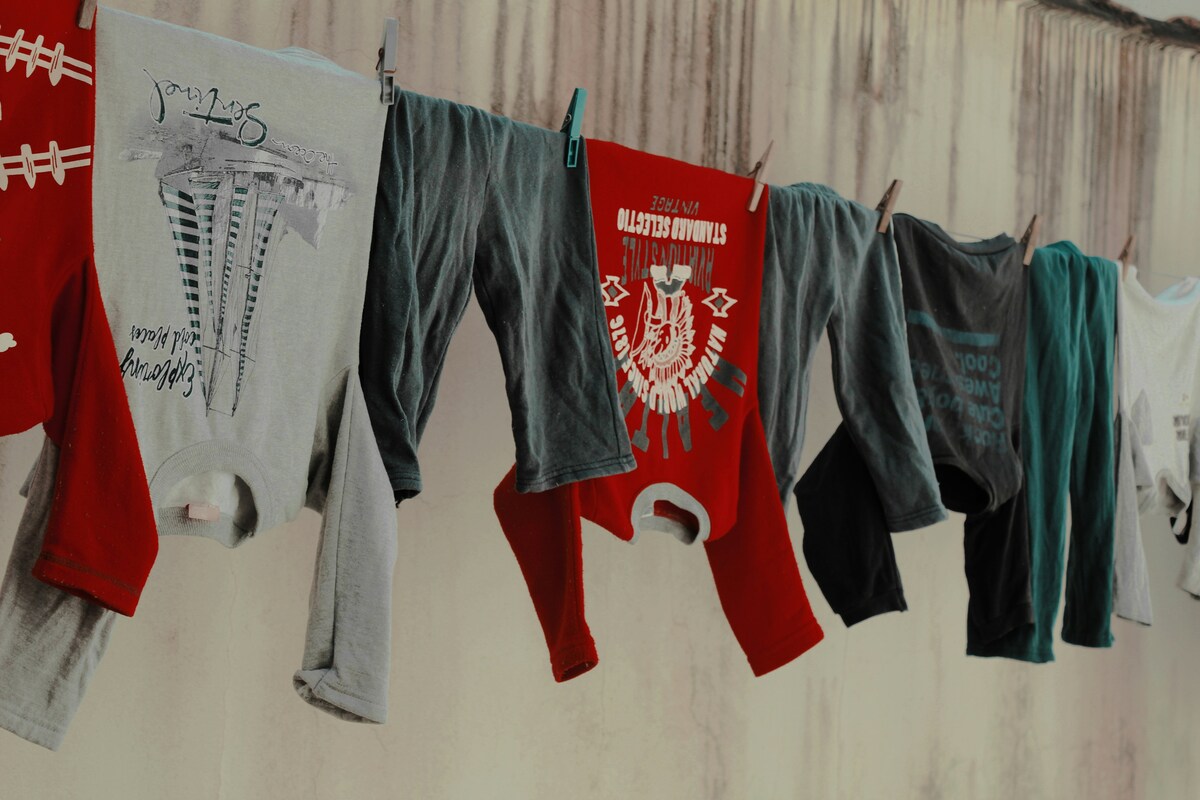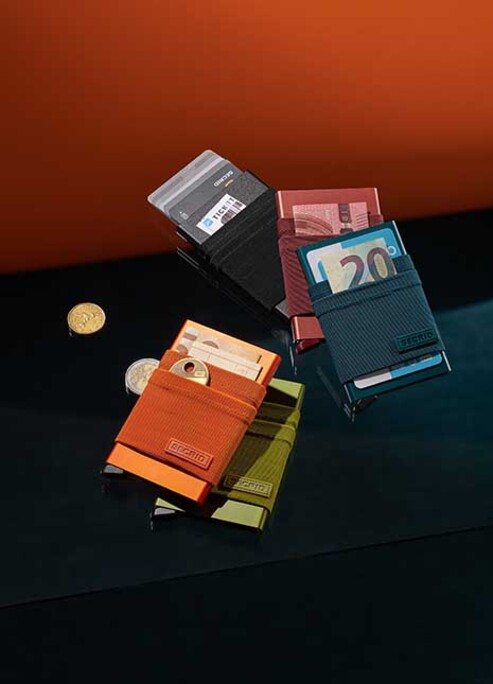
Do Depop Resellers Give Landlord Energy?
Examining the sustainability and ethics of thrift store reselling.
I know we have all dealt with the agony of missing out on buying tickets to our favorite band/artist. Then due to completely outrageous resale prices, we are forced to say no to seeing the show altogether. Everyone despises ticket resellers, it’s true, but to some, it doesn’t matter. Despite the price, some are willing to pay anything to see their favorite artist. Take Taylor Swift for instance. Many of her fans are willing to pay an arm and a leg to witness her perform and breathe the same air as her for just one night.
Now think about this. You’ve been dying to find a vintage pair of Levi’s in your size, but always seem to fail. Until one day you're online and see the perfect pair. It’s retailed for an amount way out of your budget. You think for a minute, “Do I buy it?” You know that the person selling it bought it for maybe 7 bucks at their local Goodwill, but do you go for it anyway?

We have now entered the culture of resell. Sites like Depop, Poshmark, or Mercari are hubs for thrift store gurus to resell (and upsell) their vintage gems. If you’ve ever been to a Goodwill Buy-By-The-Pound Outlet you know exactly who I am talking about. The edgy young skaters – like vultures – in ragged clothes, double their size, are bursting with anticipation, ready to pounce and devour their next prey. Most of the time the prey these guys are looking for are vintage sports t-shirts or Carhartt pants, but they also scope up any name-brand item in decent condition.
Is it ethical though? For starters, it’s a thousand times more sustainable than buying from fast fashion brands like SHEIN. It also saves tons of clothes from withering away in landfills. Nonetheless, it does add to carbon emissions due to shipping, but all together anything is better than fast fashion pieces made in sweatshops which fall apart after two wears. So what’s the harm? Why is everyone hating? Some might argue resellers are “wiping out” charity and thrift stores of quality clothes for the people of lower-income backgrounds that the stores are meant for. Still, due to large amounts of donations, half the clothes charity stores receive end up being thrown away and not sold at all. So they actually end up helping reduce that waste. Plus, it gives the people who don't have the time or energy to sort through donated clothes the chance to save these items from landfills.
 Photo: Depop
Photo: Depop
There’s no doubt that resellers put in the effort: doing endless research on what’s hot and rare; putting in countless hours of shifting through hundreds of clothes and traveling to various stores; organizing and listing their items; and shipping and labeling their sold items. Some Depop reseller critics have even started calling them “the landlords of this generation”. Which can be a bit harsh. However, is reselling a Juicy Couture jumpsuit for a reasonable price landlord behavior? No, but is selling a pilled children’s Gap shirt for $40 and calling it a vintage baby tee landlord behavior? Yes, but people will do what they want and if someone lists a child’s shirt as an “adorable vintage cropped baby tee perfect for hot girl summer” and someone else falls in love and buys it, so be it.
It’s exactly what vintage clothes stores do anyway. Honestly, they might be worse. You know what I’m talking about. Those super cute vintage stores. The ones with loads of awesome relics and retro clothes that are so ridiculously priced you can hardly gather the strength to justify why you’re spending $150 on a shirt that is torn and stained and has definitely seen better days, but you do it anyway because where else will you come across a 2003 Hilary Duff Metamorphosis tour tee shirt? And in the end, independent stores have the right to do and sell whatever they want. So why can’t individual people?

Goodwill and The Salvation Army are just as guilty. Albeit their prices are most of the time more reasonable because all their prices are the same and they don’t upsell certain items, but they are just like Depop resellers. People donate their unwanted stuff to them and they resell it to people willing to purchase.
At the end of the day, there is not that much harm in thrift store reselling. It’s a more sustainable way of fashion and allows, most of the time, young people a chance to score some extra cash to help pay bills or get them through school. It also satisfies that itch to shop online in a way that can help the planet. So next time you see someone scavenging around the Goodwill bins with loads of clothes in tote, don’t judge. Let them hussle.











